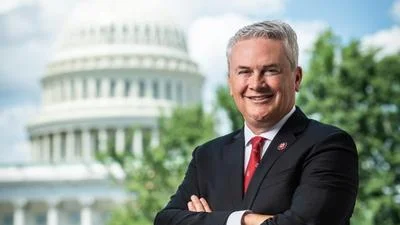Washington, DC - Rep. Sander Levin today reintroduced legislation to tax carried interest compensation at the same ordinary income tax rates paid by other Americans. Currently, the managers of private investment partnerships are able to receive compensation for these services at the much lower capital gains tax rate rather that the ordinary income tax rate by virtue of their fund’s partnership structure.
“This is a basic issue of fairness," said Rep. Levin. “Fund managers are receiving compensation for managing their investors’ money. They should not pay the 15% capital gains rate on their compensation when millions of other hard-working Americans, many of whose income is performance-based, pay ordinary rates of up to 35%. The President’s budget recognizes that this is unfair. The House of Representatives has recognized that it is unfair, and this year I hope we can act to change the law."
The legislation clarifies that any income received from a partnership, capital or otherwise, in compensation for services provided by the employee is subject to ordinary tax rates. As a result, the managers of investment partnerships who receive a carried interest as compensation will pay regular income tax rates rather than capital gains rates on that compensation. The capital gains rate will continue to apply to the extent that the managers’ income represents a reasonable return on capital they have actually invested themselves in the partnership.
“This proposal is not about taxing investment, it’s about ensuring that all compensation is treated equally for tax purposes. Anyone who actually invests money in these funds will continue to receive capital gains treatment, including the managers. So there is no reason to expect that the amount of capital available for these kinds of investments will be reduced," concluded Levin.
Levin introduced similar legislation in the 110th Congress, which was subsequently included in several tax packages approved by the Ways & Means Committee and the House of Representatives. A similar proposal is also included in President Obama’s FY 2010 budget request.








